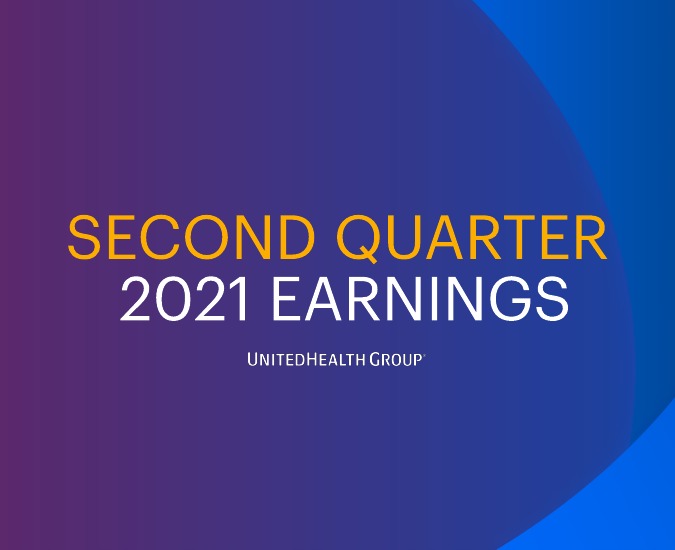During the third quarter of 2020, UnitedHealth Group (NYSE: UNH) saw continued growth, led by Optum and the UnitedHealthcare public-sector and senior benefits businesses, even as the Company continued its expansive COVID-19 response efforts supporting patients, care providers, customers and communities.
“The people of UnitedHealth Group continue to deliver more innovative and modern solutions for customers, physicians and consumers, while responding to the needs of the people and communities affected by the pandemic,” said David S. Wichmann, chief executive officer of UnitedHealth Group. “We’re encouraged to see those we serve respond to the incentives we offered to safely seek care as the health system continued to recover in the quarter.”
As expected, strong underlying performance across business segments continued to be impacted by the voluntary consumer and customer assistance initiatives undertaken by the Company. Net earnings of $3.30 per share and adjusted earnings of $3.51 per share declined 10%, while care patterns disrupted by the pandemic moved closer to normal levels. The Company is updating its full year earnings per share outlook for 2020 to net earnings of $15.65 to $15.90 per share and adjusted net earnings of $16.50 to $16.75 per share.
The Company’s efforts to proactively help patients obtain the care they need continues, along with additional investments to support those affected by COVID-19. Since the crisis onset, the enterprise has been mobilized to maintain comprehensive front-line care; develop innovative methods and protocols for detection, testing, treatment and vaccine discovery; and support the broader health system and communities in need. During the third quarter, the Company continued to work with local and state leaders across the country to expand testing; contact tracing; and education, medical and mental health support, especially in under-resourced communities. The Company continues to invest and partner with premier research institutions to improve outcomes for minority populations affected during the crisis.

Share This Story